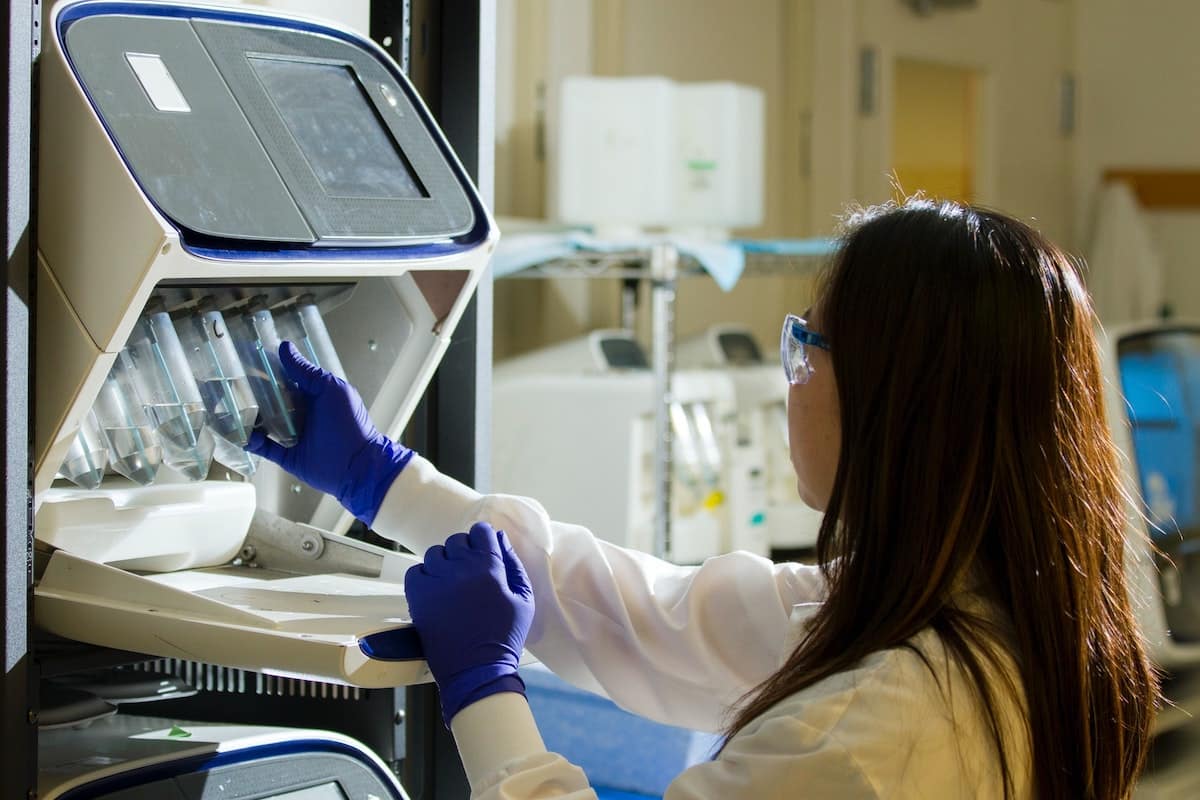Table of Contents
The Biden administration has recently proposed a $2 trillion infrastructure plan that includes $50 billion for a new National Science Foundation (NSF) initiative called the Research and Development (R&D) for Biotechnology Innovation Manufacturing and Biosecurity Advanced Manufacturing (RDBI) Protocol. This ambitious plan aims to invest in cutting-edge biotechnology research and development, particularly in advanced manufacturing, biosecurity, and innovation.
Biden 2t nsf 50b Rdbimbaumprotocol
The RDBI Protocol will focus on creating innovative solutions for manufacturing,
scaling and distributing biotechnology products in a sustainable and secure
manner. The initiative aims to accelerate the pace of biotechnology innovation
by fostering collaboration between researchers, entrepreneurs, and industry
experts in the biotechnology field.
The RDBI Protocol will allocate $50 billion over five years to support advanced
biotechnology manufacturing, R&D for biosecurity, and innovation in the
biotech sector.
The NSF will oversee the initiative, which will focus on three main areas:
Advanced Biotechnology Manufacturing:
The RDBI Protocol will provide funding to support the development and scaling of advanced biotechnology manufacturing processes, including cell and gene therapy manufacturing, biomanufacturing, and advanced manufacturing for regenerative medicine. It will help accelerate the research and development pace for innovative biotech products and enable more efficient and cost-effective manufacturing.
R&D for Biosecurity:
The RDBI Protocol will fund research and development activities that focus on biotechnology biosecurity, including the development of countermeasures for bioterrorism, pandemic preparedness, and emerging infectious diseases. It will help to ensure that the biotech sector can respond rapidly and effectively to potential threats and protect public health and safety.
Innovation in the Biotech Sector:
The RDBI Protocol will fund research and development activities that foster innovation in the biotech sector, including developing new biotech products, tools, and technologies. It will help drive economic growth and create new job opportunities in the biotech sector while addressing critical global challenges such as climate change, food security, and public health.
The RDBI Protocol will also support the development of a robust and sustainable biotechnology workforce, focusing on providing training and support for underrepresented groups, including women and minorities. It will help to ensure that the benefits of biotechnology research and development are accessible to everyone and that the sector can continue to grow and thrive in a diverse and inclusive environment.
The Biden administration’s proposed $2 trillion infrastructure plan, including the RDBI Protocol, can potentially revolutionize the biotechnology sector and drive innovation in this critical field. By providing funding and support for advanced biotechnology manufacturing, biosecurity, and innovation, the initiative will help to accelerate the pace of research and development and enable the development of new products and technologies that have the potential to transform healthcare, agriculture, and other industries.
However, there are some challenges associated with implementing the RDBI Protocol. One of the biggest challenges is ensuring that the initiative is aligned with the broader goals of the biotech sector and that it supports the development of products and technologies that are relevant and useful to industry and society. Additionally, the RDBI Protocol will require significant investment in infrastructure, technology, and workforce development, which may take time to implement.
Despite The Challenges
The RDBI Protocol has the potential to drive significant progress in the biotech sector and create new opportunities for innovation and economic growth. With the proper support, funding, and collaboration, the initiative could position the United States as a global leader in biotechnology research and development and enable the development of new products and technologies that benefit society and the economy.
Photo by National Cancer Institute on Unsplash


